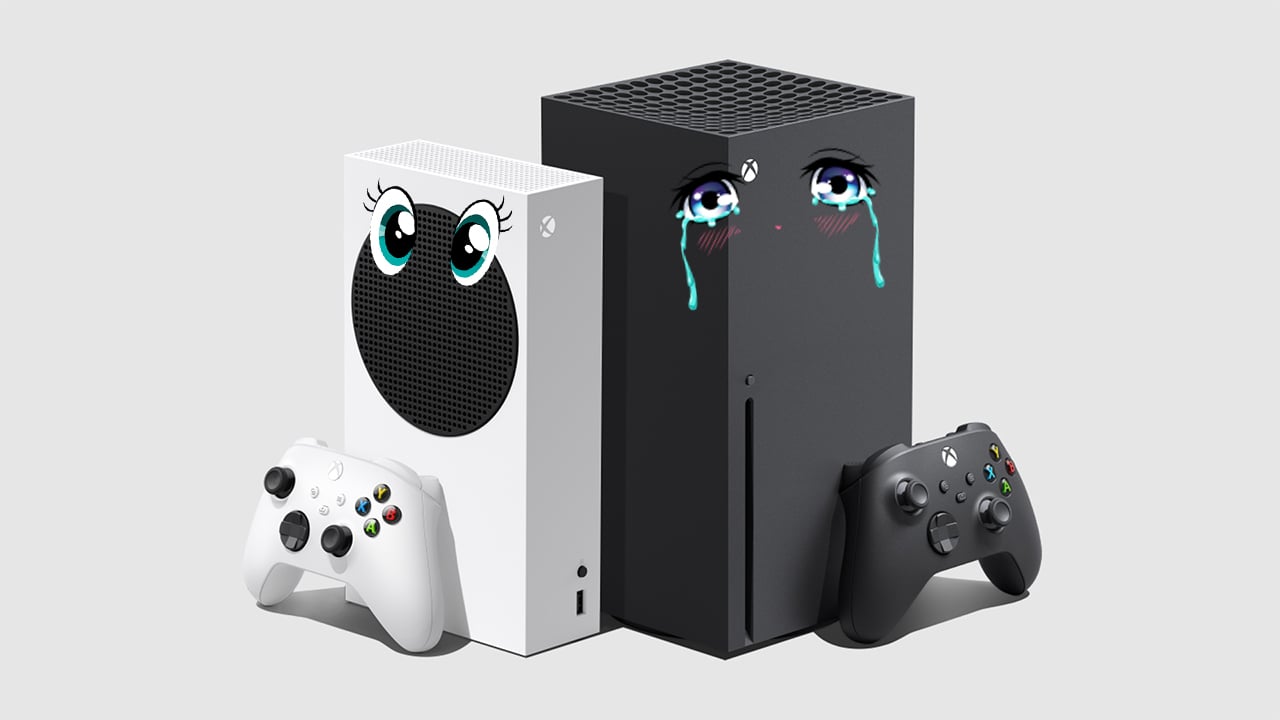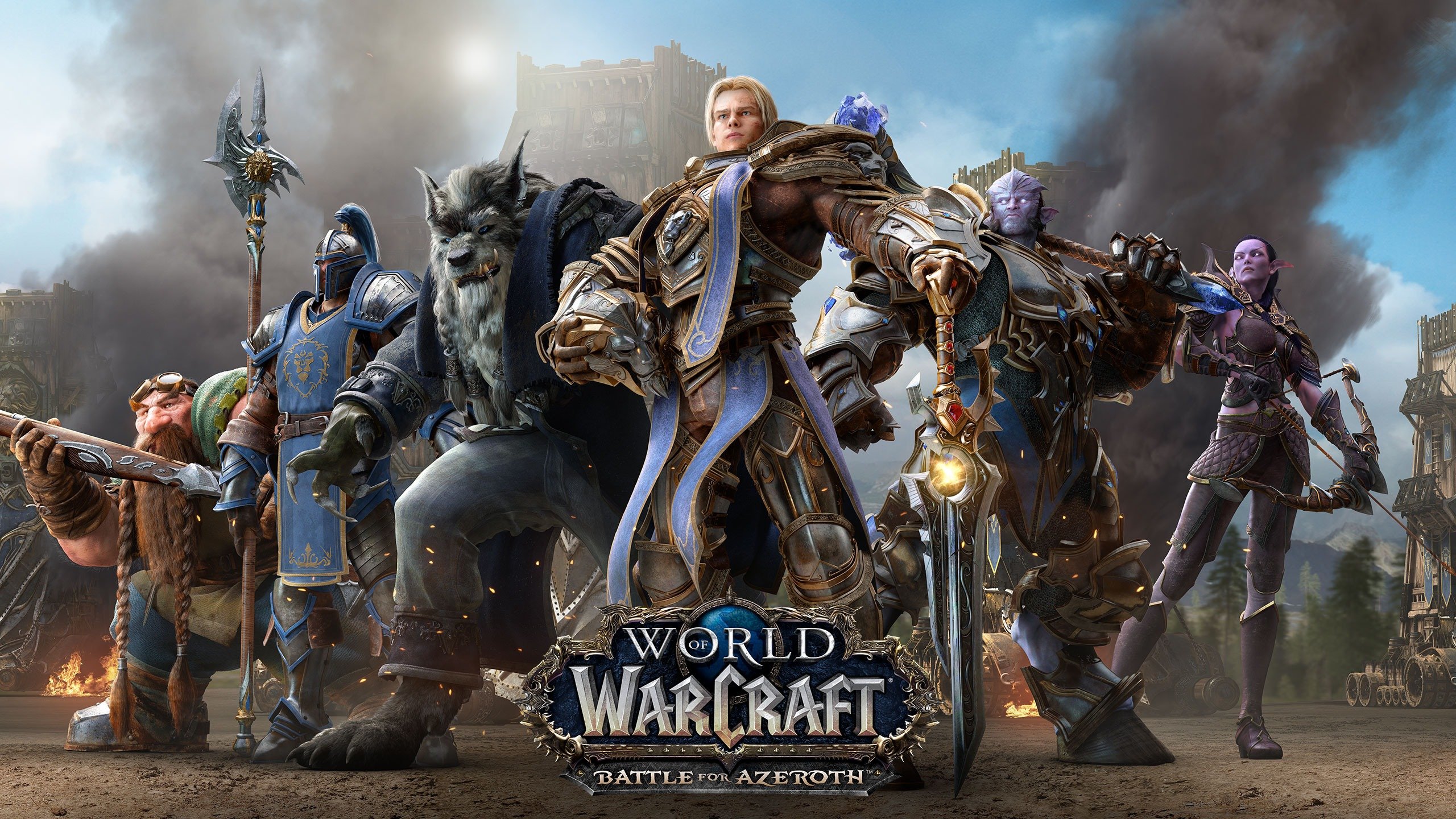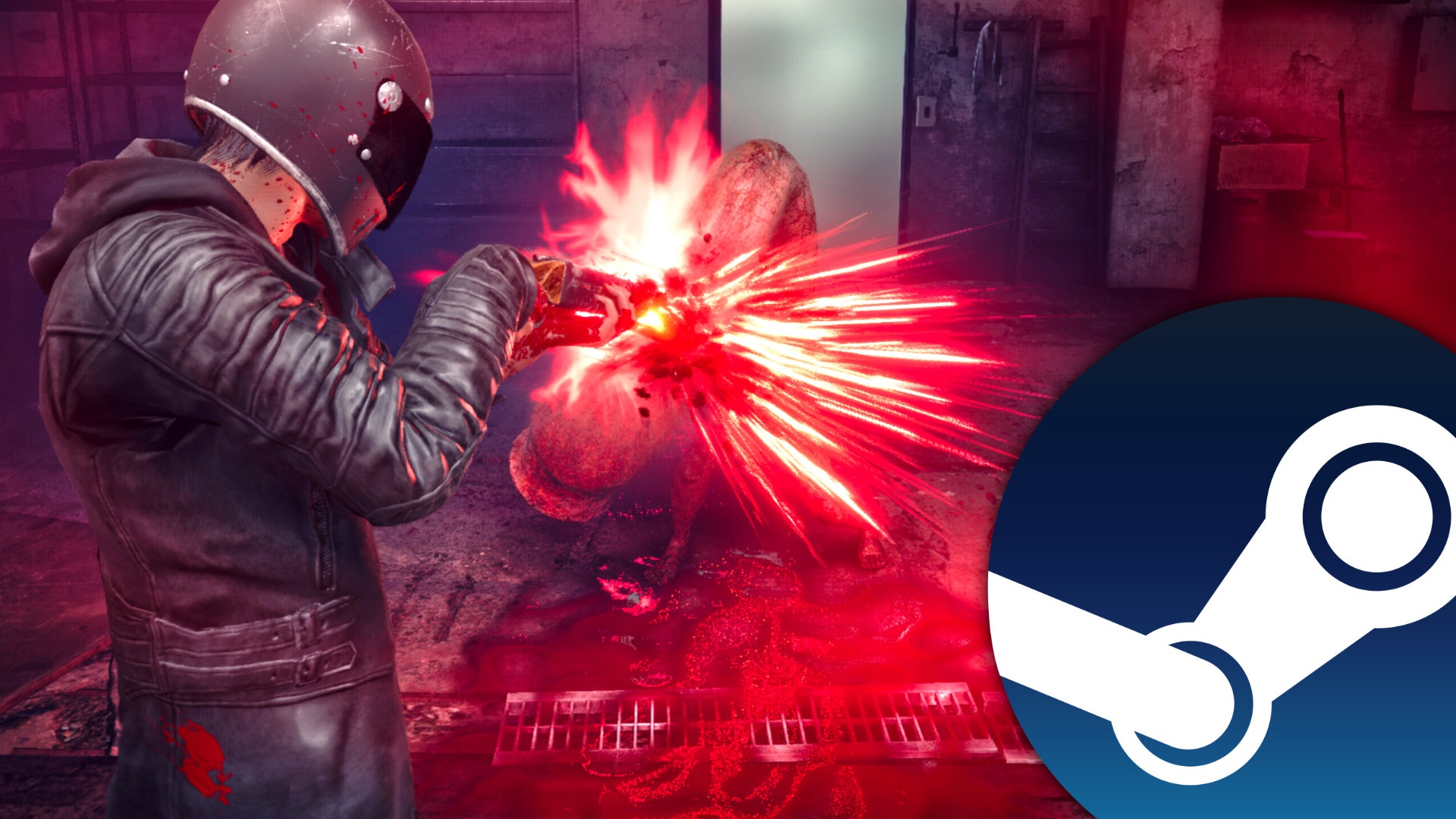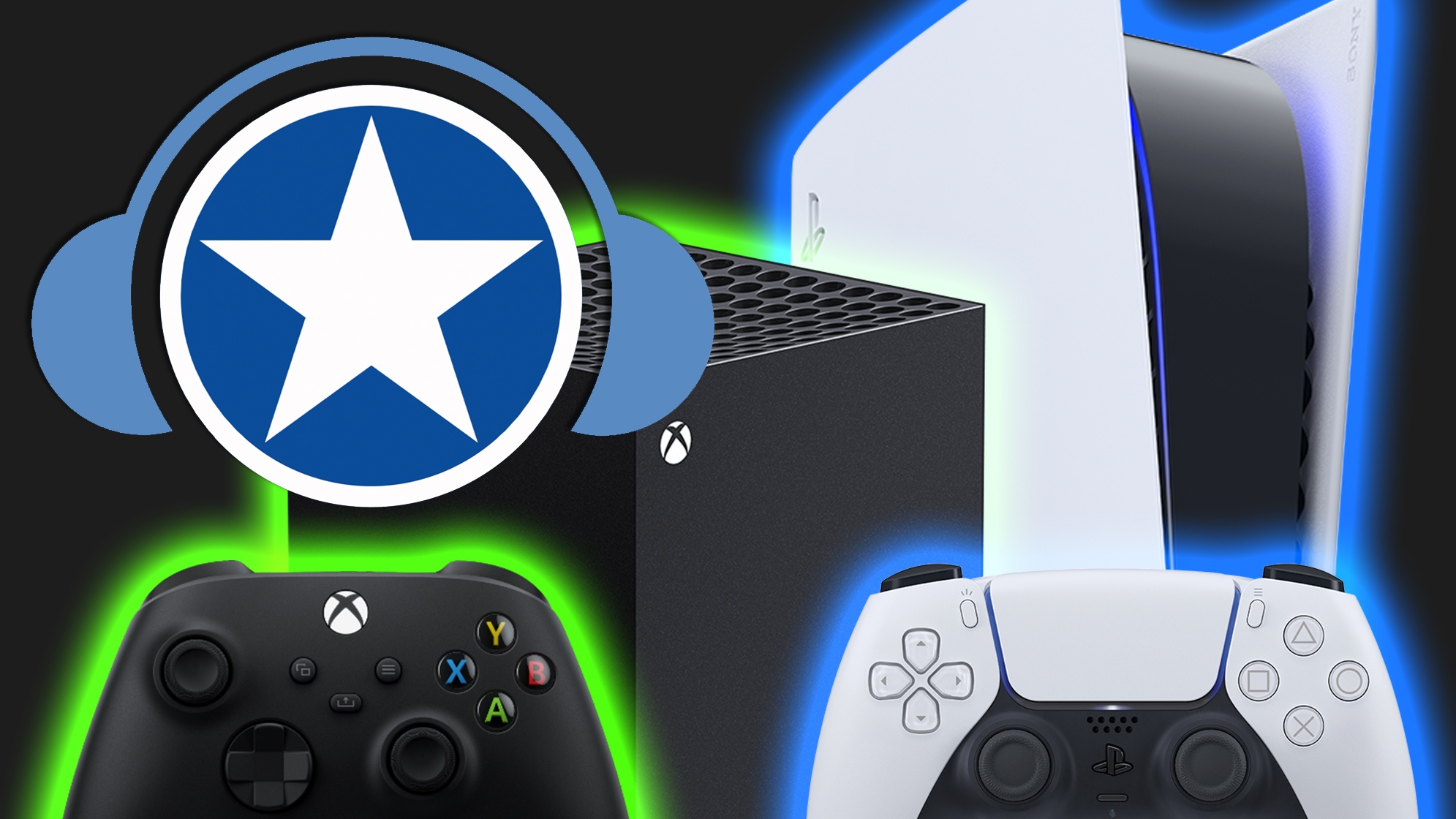Spearheading Microsoft’s strategy, Game Pass helped split the current generation of Xbox series consoles into two parts.
For the first time in the history of young video games, a manufacturer will therefore not bring one, but two consoles with different proposals and special features onto the market (your argument is therefore “gna gna gna the PlayStation 5 Digital Edition” invalid, thank you) with the Xbox Series X, a 12 teraflops powerhouse, and the Xbox Series S, a more compact and affordable model with no physical drive.
Do you have it in XS?
Industry watchers and other curious visitors will inevitably be curious about the sales relationship between the two consoles. That’s pretty good because when the study office Ampere analysis does not (yet?) provide exact figures on the spread of the Xbox Series X and Xbox Series S in the market, says analyst Piers Harding-Rolls in his summary for the month of November, that the “all digital” model would sell better than the beast the competition in several markets:
Microsoft’s differentiation strategy was a bold move when the Xbox Series generation hit the market, and the less powerful model won for the Xbox Series X amid a lack of components and supply bottlenecks. As a purely digital product, the strong penetration of the S-Series has had a bigger impact on digital game sales than it did on the PlayStation 5. Sony continues to take a more conservative approach and the classic version of its player-equipped console still dominates the market.

The price, the price, the price
This statement, which has to be adequately confirmed by sales figures, would therefore confirm Microsoft’s differentiated approach, which is relying on the Xbox Series S to enforce its home subscription in a market that is still used to few gives purchase, physical or not.
The announcement should definitely please a certain Phil Spencer, as the Xbox office manager has made these comments to our colleagues at Kotaku a few days before the double start, in November 2020:
I think it’s the production chain that first dictates the distribution between the two models. But I think by the end of this generation, price will make all the difference, and the S-series should sell more than the X-series.
Hopefully, Ampere Analysis can quickly detail and quantify the markets in which the S-Series is winning, corroborating Spencer’s recent rapturous statements about the now-dubbed Xbox Game Pass model.
Do you prefer the Xbox Series X or S? Let us know your more or less dematerialized leanings in the comments below.








